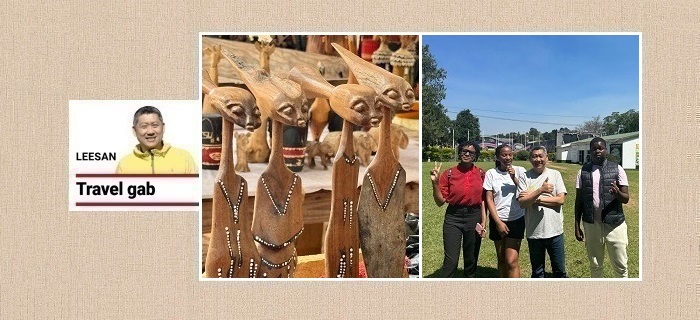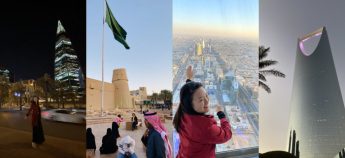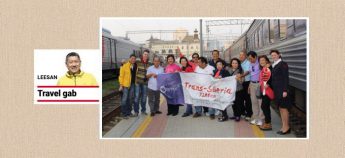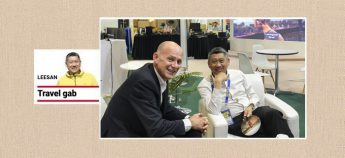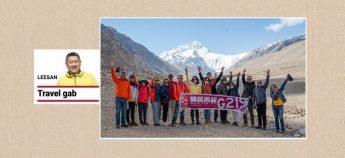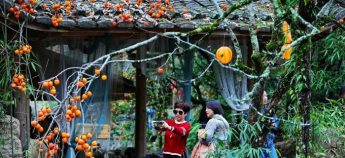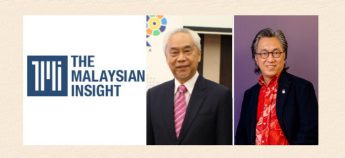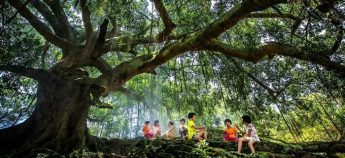An interesting African nation – by leesan
In this small, landlocked country on the African continent, a man is allowed to have many wives.
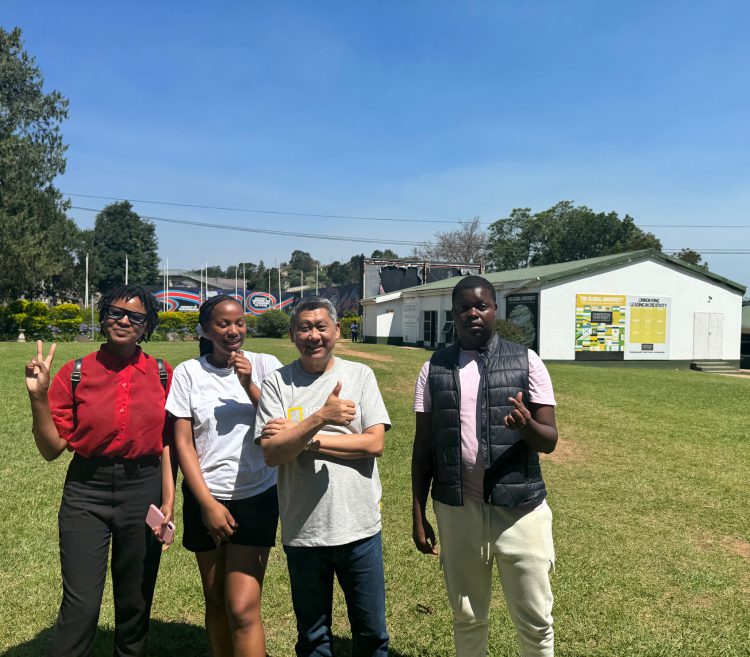
Leesan(second from right) with some of the Limkokwing University students in Eswatini.
THE 54 nations on the African continent are absolutely amazing and astonishing. And according to our local guide, this particular country that we visited – which I will reveal at the end of my column – is one of the only seven in the world still practising absolute monarchy.
Let’s see if you can guess which country it is from my description.
What sets this kingdom apart from the others in Africa is that there is a “Queen Mother” as well as a “King”, and it seems that they are the ones who have the final say on every issue, no matter how big or small.
The heir to the crown must always be the son from the king’s last wife. This means that many women would have hoped to be the last wife of the king, so that they get to become the queen mother one day!
The king can take as many wives as he wishes. The current King, who is 58, married his 16th wife – the 22-year-old daughter of South Africa’s former president – nearly two years ago.
It is rumoured that the King already has over 40 children now; His father had a total of 70 wives, 210 children and over a thousand grandchildren throughout his 62-year reign since his coronation at the age of 21 in 1921. Amazing!
Our guide told us that any man in the country can also have as many wives as he wishes, as long as he has enough cows to “pay” for the bride, which typically runs between four and 16 animals per woman.
Based on the local market rate, a cow costs approximately RM1,500.
Our guide’s father has three wives and 20 children. As for the guide himself, he is a father of three – with one wife – at the age of 41. He had promised to give his wife’s family a total of 12 cows for the marriage, and he has so far only given four.
Therefore, he still needs to acquire another eight cows before he can even think of taking another bride.
Notably, women in this country accept that they may one day have to share their husbands with other women, as it is their culture. Women who tie the knot via traditional ceremonies also do not have the right to ask for a divorce.
However, women who marry in churches sometimes follow a different set of rules.
In 2001, the legal age for marriage in this country was set at 18.
Nevertheless, the King himself broke this law barely a few months after its enactment by taking a 17-year-old girl as his ninth bride. He publicly acknowledged that he had broken the law, and swiftly imposed a penalty of one cow on himself.
Around the globe, though, the King is seen as a “lavish ruler of destitute subjects”. As a matter of fact, universal education is not a priority in this country, and citizens only get seven years of free elementary education.
Once they get to middle or secondary school, they (or rather, their parents) would have to pay for the fees themselves. The same goes for tertiary education.
I was actually surprised to discover a Limkokwing University campus in this land. A student told me that he loves the university because it offers a convenient scholarship programme.
This explains why the local residents have a lot of respect for the school’s Malaysian founder, the late Tan Sri Lim Kok Wing.
Of course, there are also some international schools here, although many cannot afford them.
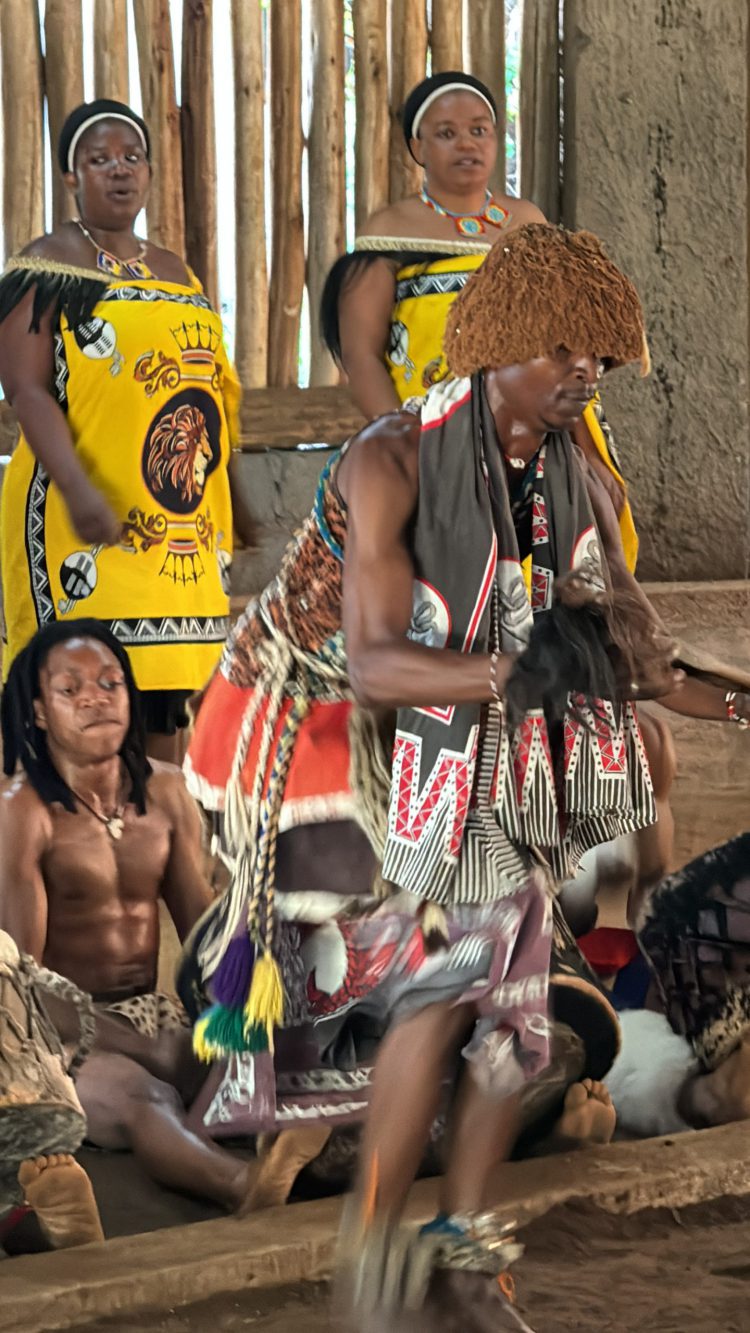
The Umhlanga Reed Dance is Eswatini’s most well-known cultural event, held in August over eight days. The ceremony aims to preserve women’s chastity, pay tribute to the Queen Mother, and foster solidarity among women.
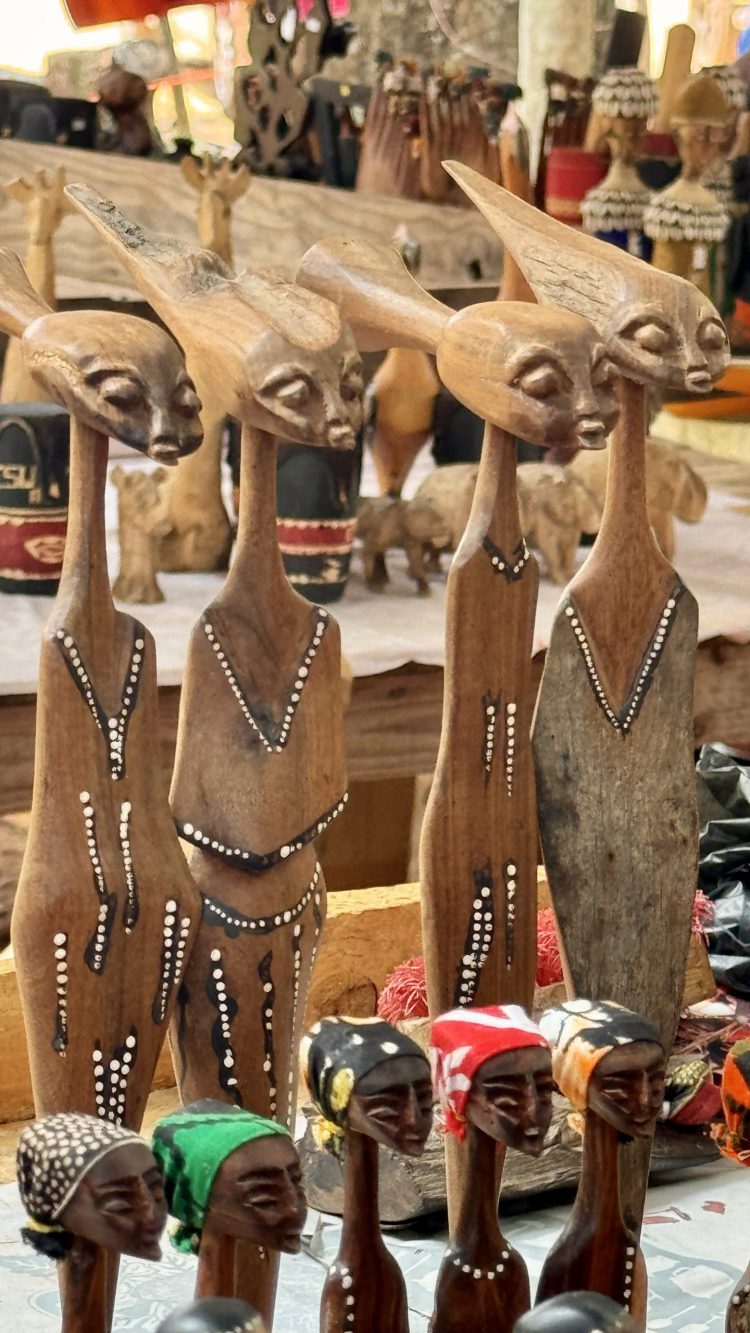
Exquisitely carved traditional handicraft sold as souvenirs in Eswatini.
The African country that we are talking about is situated in the southeastern part of the continent, covering an area of 17,364sq km with a population of 1.24 million. English is widely spoken here; the country gained independence from the British in 1968.
So, do you know which country I am talking about now? Need more clues?
For a country that used to be a British colony, constitutional monarchy should be a more appropriate system for this country, one might say.
But this country opted for its own unique system that gives the rulers absolute power, one that combines liberalism, conventionality, religion and superstition.
Since his coronation in 1986, the current King has commissioned his prime minister to run the day-to-day affairs of this country (kind of like a chief operating officer), while he himself doubles as the nation’s “chairman”.
The country goes to the polls every five years, although the elected representatives are merely symbolic rather than having true powers, as most of the ministers and department chiefs are appointed by the king or the queen mother, and they are usually from the royal family.
Although 97% of the people here claim to be Christians, feudalism and superstition are still very much deeply rooted in the country. For example, if one side of a major stadium is facing the hills, the other side will not have audience seating because the people believe that there are “royal spirits” living in the hills and people cannot have their backs facing “them”.
The infrastructure here is adequate, with many embassies and foreign missions set up in the capital city. The country even boasts a 200km four-lane expressway.
However, the wealth gap remains immense, and the majority of the country’s citizens are still living below the poverty line, struggling to make ends meet.
But the people here are very friendly and the country is generally safe. I found out from a local Chinese restaurant operator that there are about 100 Taiwanese living in the city, along with some 200 Chinese, Indians, Americans and South Africans residing or doing business here. Most are said to be happy and feel very safe living in this country.
As for tourism, I observed that most of the tourists were Caucasians from the West, who I guess may have been lured by the rare absolute monarchy practised here…
Of course, with the influx of tourists, come tourism-related investments and developments.
You can find luxurious resorts, casino hotels, handicraft centres, performance art theatres and, even some unique garden cafes in this place.
On the surface, the tourism industry seems to be thriving here.
Most African countries began fighting for their independence after World War II, with many opting for democracy, and constitutional monarchy for a handful others.
Unexpectedly, this particular country decided to revert to the more antiquated absolute monarchy.
By now you probably know which country I am talking about – Eswatini, formerly known as Swaziland. It is a really interesting country, and you are welcome to visit and experience the place with us or on your own.
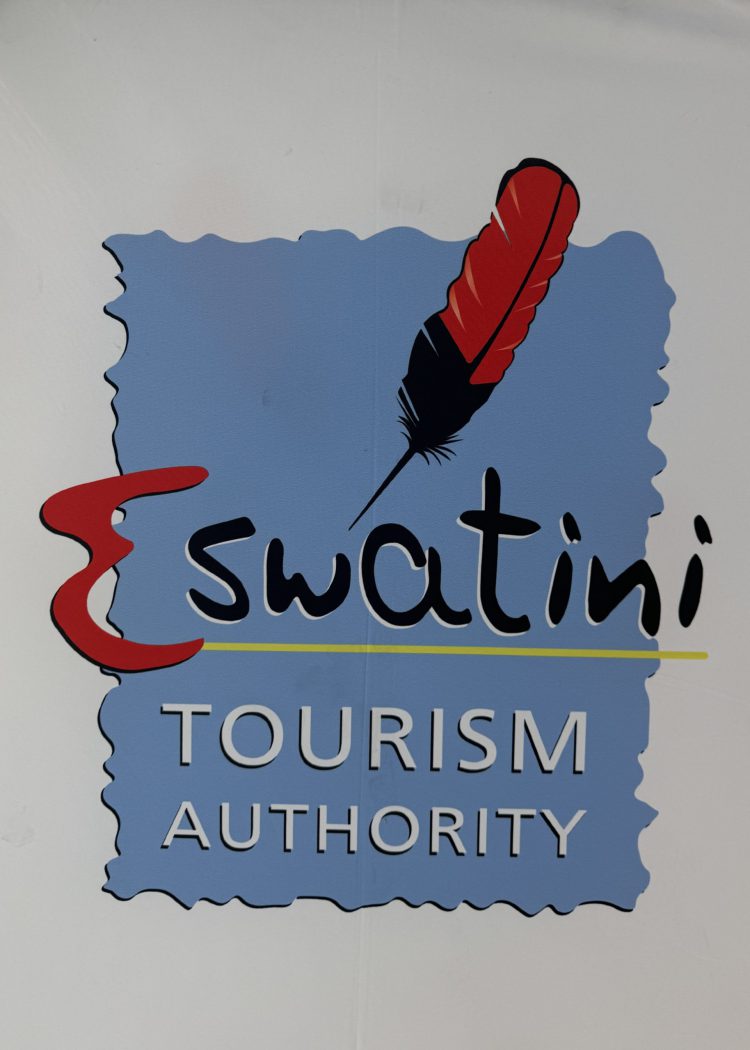
Eswatini lacks solid resources to sustain the nation. However, eco-tourism and cultural tourism have great potential to attract foreign tourists.
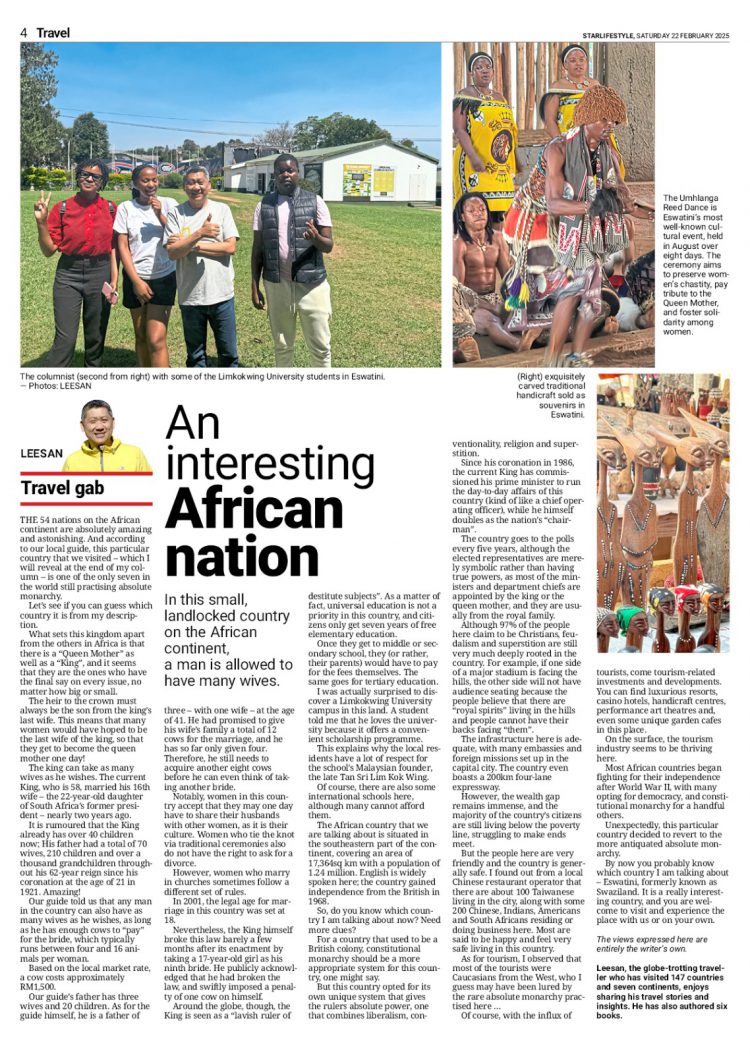
Published in The Star, 22 Feb 2025
全球超过80000家酒店,Apple101助您轻松订房,出行无忧,绝对优惠价。入住期间付款,多数客房可免费取消!
